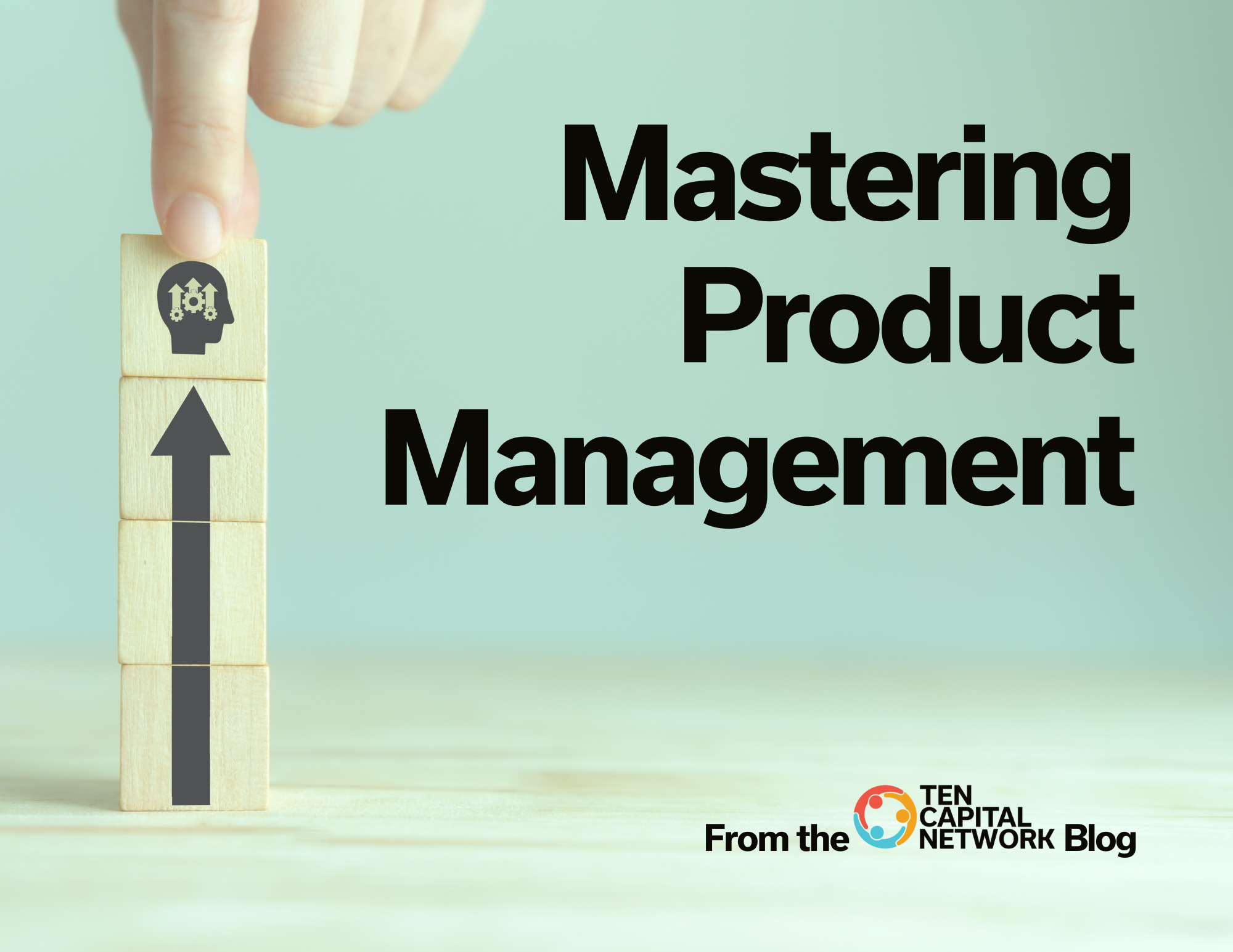2 min read Impact investing seeks to fund startups with social or environmental benefits. Impact companies have the intent of providing social or environmental aid and solutions with measurable results. The investment must provide a benefit that is more than what would have occurred without the aid of the organization, a concept referred to as additionality. In this article, we will understand how to predict and measure the impact of your startup’s investment.
Indicators of Successful Impact Investment
The indicators of a successful impact investment are as follows:
- Shows a measured impact over time, based on its business model forecast.
- The company brings innovation that provides for significant impact.
- The company has a sustainable business model and strong entrepreneurial skills and capabilities.
If you have these elements, you have a true impact investment that is making a difference.
How To Measure Impact
Impact startups need to know and understand how to measure their impact in addition to their financial return. Here are some ways to measure impact:
- The startup could measure the impact for each unit sold. This works well when the impact is the same for each customer. An example would be a bottle-less solution for water distribution.
- The startup could measure the impact based on a sample and then extrapolate across the entire business. This works well when the impact is not exactly the same for each customer. An example would be the graduation rate of a student through an education program.
- Look at comparable solutions with a stated impact and adopt those metrics. An example would be the reduction in carbon emissions based on reduced fuel usage. The startup could then apply that metric to their own user base.
Impact investors will look for impact metrics from the startup, so it’s important to measure and track them.
Impact Measurements
The measure of impact is in the eye of the beholder. What impact you see may not be shared with the investor or company you are working with. Using a measuring system helps offset bias in this regard. There are several systems you can use. Some examples include:
- GIIRS (Global Impact Investing Rating System): This system rates companies based on social and impact performance metrics. This system is considered one of the primary standards.
- IRIS (Impact Reporting and Investment Standards): This system provides metrics for social, environmental, and financial performance of a company.
- B Analytics: This system was developed by B Lab, and it provides a tool to assess, compare, and improve impact.
- SASB Standards (Sustainable Accounting Standards Board): This system provides sustainability standards for over 70 industries.
- GRI Standards: This system was one of the first to provide standards for sustainability reporting.
- International Integrated Reporting Council: This system provides reporting with an emphasis on bringing cohesion and efficiency to the reporting process.
The above tools can help immensely when comparing metrics across sectors.
Impact metrics
In addition to measuring, startups in the impact space should also show their impact metrics. Investors will be looking for the impact metric results. A common mistake by impact companies is to focus on the size of the market to be served and the needs in those markets. Instead, you should measure the actual impact results of your business on the market you are serving and show those results.
For example, you can show how many students graduated, how many bottles of plastics were removed from the waste stream, or how many students improved their test scores. Focus on the primary impact on the customer rather than the secondary impact on the employee of the business.
There are several metric systems including GIIN’s IRIS+ metrics, the IRIS Thematic Taxonomy, and the Impact Management Project. In short, no one system covers all impact sectors. To learn more about the impact metrics your startup fits, review the UN’s Sustainable Development Goals.
Feel free to try out our calculators and contact us if you would like to discuss your fundraise: https://www.startupfundingespresso.com/calculators/

Hall T. Martin is the founder and CEO of the TEN Capital Network. TEN Capital has been connecting startups with investors for over ten years. You can connect with Hall about fundraising, business growth, and emerging technologies via LinkedIn or email: hallmartin@tencapital.group.





